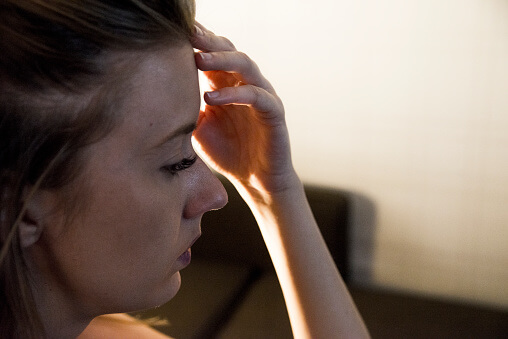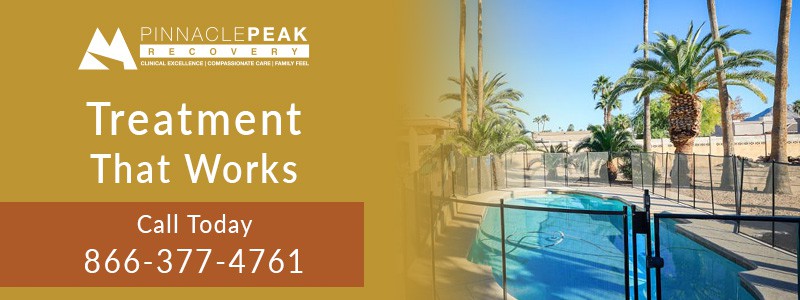Opioids are man-made drugs that work much like heroin. These painkillers actually come from the opium poppy, where heroin also originates. Doctors prescribe these medications frequently for pain relief despite ongoing warnings about the addictive and deadly nature of these drugs. Now opioid overdose is all too common, a reality more than just a fear.

Signs and Symptoms of Opioid Overdose
The painkiller market is one of the biggest financial booms pharmaceutical companies have ever experienced. These drugs are in high demand legally and through the black market. Most people know someone taking prescription painkillers today if they aren’t the ones taking them. Vicodin, OxyContin, and Percocet are three of the most common brand names available from a doctor or on the street.
Prescription pain pills are extremely addictive when people misuse them. The drugs slow central nervous system functioning and overuse can easily become an overdose. Overdose is a deadly result that takes away second chances for getting help through treatment.
Symptoms of opioid overdose include three key signs:
- Pinpoint pupils
- Stopped or slowed breathing
- Unconsciousness or non-responsiveness
Doctors, paramedics, and police call these symptoms the opioid overdose triad. First responders can quickly identify an overdose patient by using these three indicators.
Beyond the triad of overdose signs are others. None of these symptoms of overdose appear very serious on their own. But together, these are benchmark signs that someone you know or love may die from prescription painkiller use:
- Pale face
- Limp body
- Clammy skin
- Blue or purple-colored fingernails and lips
- Vomiting
When these signs exist, it’s critical that you seek emergency medical help for the victim immediately.
What if you think you overdosed on opioids?
If you believe you may have just overdosed on opioids, you need immediate medical help. You should call 911 for paramedics or police assistance. Without the immediate help of medical professionals, you may experience mental impairment or even death.
As you’re waiting for first responders, try to stay awake and upright. Tell someone around you what is happening and have them watch over you until help arrives.
If you’re helping someone who has overdosed on opioids, check their breathing and pulse. If they’re taking only weak breaths or are not breathing at all, you or someone with training should give them CPR.
When EMTs arrive, they’ll ask a few questions and check the patient's vital signs. They’ll also look for the three key signs of overdose. Naloxone is effective in reversing the opioid's effects when it’s available.
If you’ve suffered an opioid overdose or someone you love overdosed and lived to tell about it, it’s critical that you gain drug treatment for opioid addiction. Only through treatment and recovery can you escape the clutches of potential overdose death.
Addiction Treatment Can Bring Lifelong Recovery
When opioids take over your life, it’s hard to see the light at the end of the tunnel. Through a quality treatment program, that light can shine brightly throughout your life. Recovery is not a quick solution. Instead, it’s one that takes time, work and dedication to achieve.
The best way to gain healthy recovery from opioid dependence is to enter inpatient, outpatient, PHP or intensive outpatient treatment. One of these programs will suit your lifestyle and addiction best. In treatment, you’ll undergo a broad range of therapies to help you understand how your addiction began and how to keep it from beginning again. Therapies will also help you learn how to manage cravings and stop triggers in their tracks.
Overdose is a terrifying experience. It’s a clear sign that you’re on a one-way track to death. Through the right program, you can forget about overdose risk and start living a healthier, fuller life in recovery. For the treatment you need, call Pinnacle Peak Recovery in Scottsdale, Arizona at 866-377-4761.

